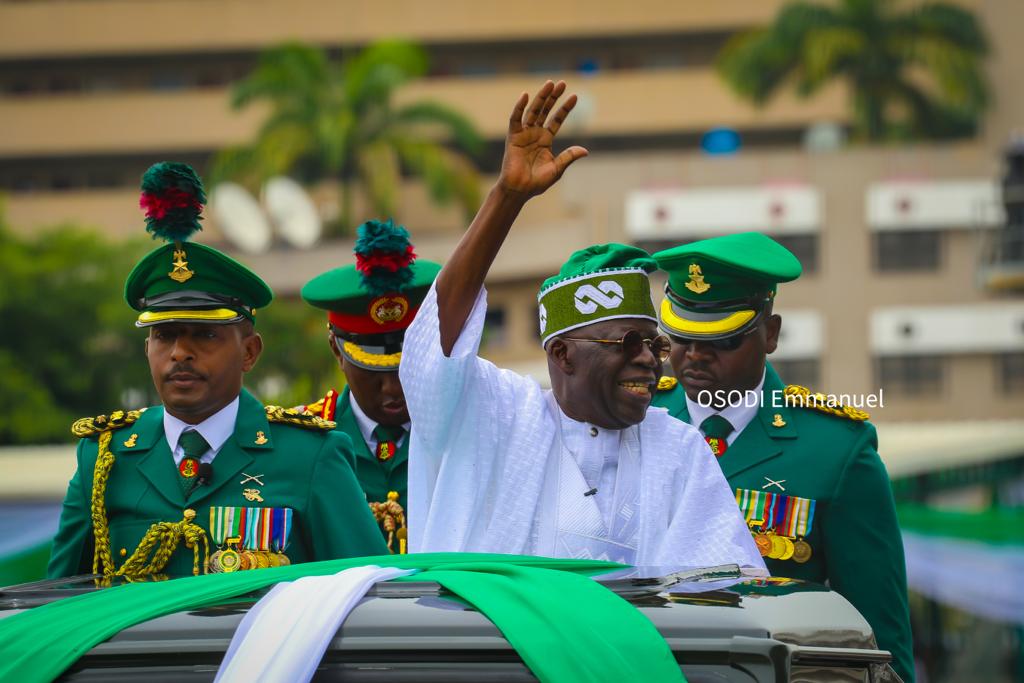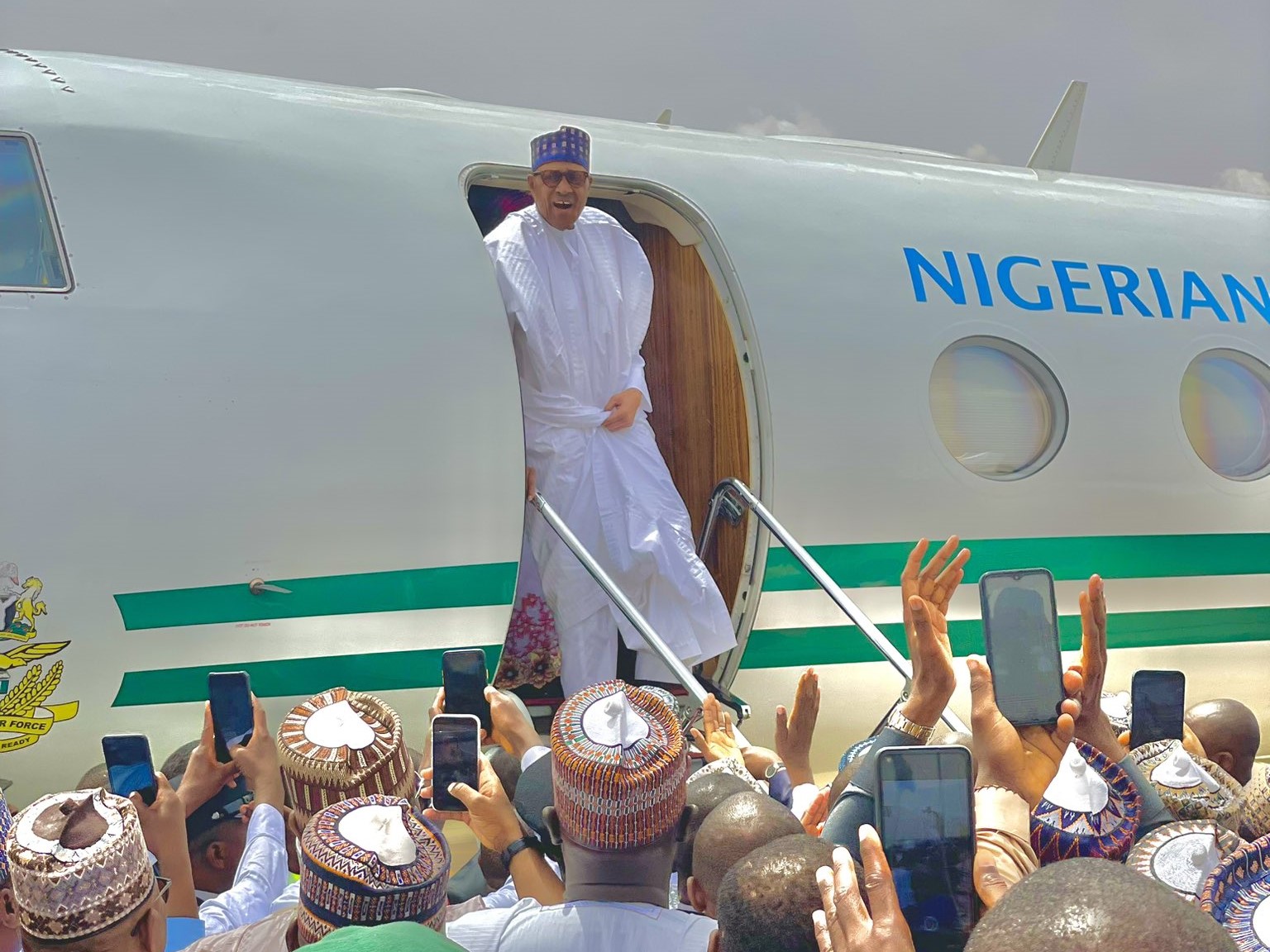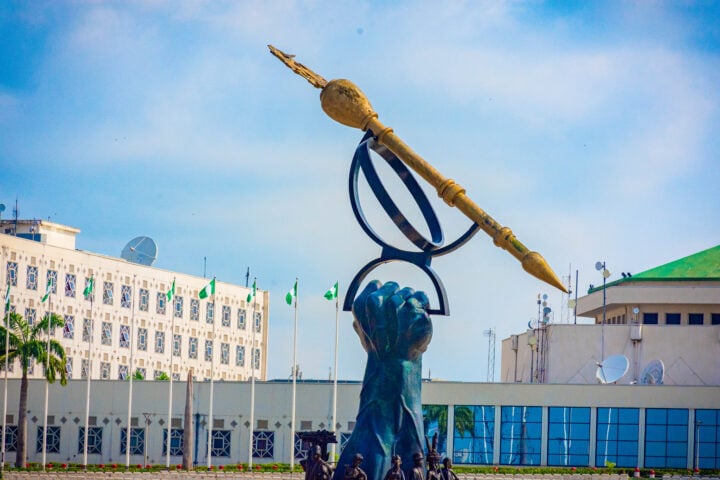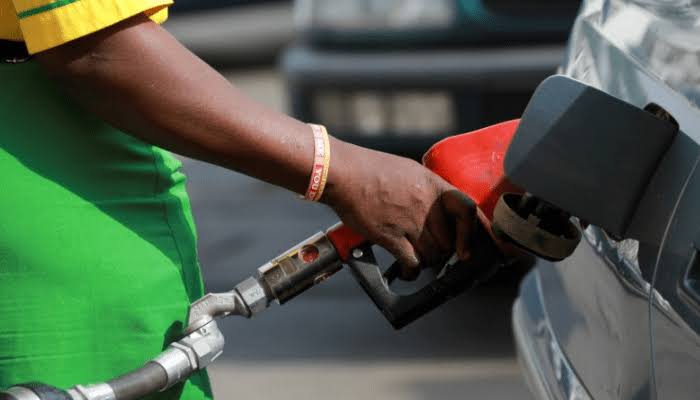BY NELSON OLANIPEKUN
The Buhari Years: What We Ordered vs What We Got – civil society leaders reflect on the Buhari administration and its achievements, shortcomings, and regressive actions. This article focuses on the justice system.
General Muhammadu Buhari has left an indelible mark on the nation’s justice system. As a citizen who initially voted for him, my perception changed throughout his tenure, reflecting the various shades of his leadership. From being my president to Buhari and eventually General Buhari, this op-ed aims to evaluate his impact on the justice system, exploring the good, the bad, and the ugly.
Advertisement
The Good
President Buhari’s administration accomplished some milestones in advancing socio-economic justice. The passage and assent to several crucial acts and amendments, such as the Police Act, Police Trust Fund Act, Not Too Young to Run Act, and the Electoral Act, demonstrated a commitment to reform and improve Nigeria’s legal framework. These legislative changes aimed to enhance the justice system’s efficiency, transparency, and accountability.
Furthermore, through the coordinated efforts of the ministry of interior, the ministry of justice, and the judiciary, President Buhari’s administration took strides to address the issue of prison congestion, with pre-trial detention consistently standing at around 70%. The release of 2,600 inmates, accounting for 3.5% of the correctional facilities, not only alleviated the burden on the system but also contributed to a more humane approach to criminal justice.
Advertisement
The Bad
However, it is crucial to note the bad strides of General Buhari’s leadership concerning the justice system. Citizens’ Gavel, a civil society organisation, documented 12 notorious instances of disobedience to court orders during his presidency. However, many of these acts of disobedience were undocumented. He ruled without recourse to the rule of law, but only when the rule of law is favourable to his government. This disregard for judicial decisions undermines the principle of separation of powers and erodes public trust in the justice system. Such actions have far-reaching consequences and lowered Nigeria’s perception in the Committee of Nations.
Another concerning aspect is Nigeria’s decline in the Rule of Law Index during President Buhari’s tenure. According to the World Justice Project Rule of Law Index, Nigeria’s score fluctuated between 0.41 and 0.44 from 2015 to 2022, below the global average of 0.55; showing there was no significant improvement in Nigeria’s rule of law stand. This decline suggests a lack of respect for fundamental rights and civil rights.
The Ugly
Advertisement
Perhaps the ugly aspects of General Buhari’s impact are the occurrences during the #EndSARS protests. The brutal repression of the #EndSARS protests by security agencies, particularly the tragic events at the Lekki Tollgate, where Nigerians lost their lives with no one held accountable to date, is the utmost. However, despite the continuous outcry against police brutality, the issue persists, highlighting the need for comprehensive reform and accountability, especially for the incoming administration.
Furthermore, the indiscriminate arrest of judges of superior courts by the Department of State Security Service (SSS) without due regard for the rule of law marred his administration with lack of judicial independence. The height of this disregard was showcased by the removal of the Chief Justice of Nigeria, Walter Onnoghen, without proper recourse to due process, the principles of the rule of law and most especially, the separation of powers. As a lawyer, I have seen how the judiciary is yet to recover from the erosion of its independence and infiltration of executive power.
While some argue that President Buhari’s direct involvement in these events is debatable, as the head of state, he bears ultimate responsibility for his government’s actions. The justice system is a cornerstone of any democratic society, and its strength or weakness reflects the values of a nation. President Buhari’s impact on Nigeria’s justice system has been a mix of achievements, shortcomings, and deeply concerning occurrences. As Nigerians, we must continue to advocate for a robust and fair justice system that upholds the principles of the rule of law, equality, and justice for all, especially as the next government is inaugurated.
Nelson Olanipekun is a lawyer and a leading advocate for justice reform. He founded Citizens’ Gavel; an organisation accelerating justice delivery through access to justice, digital transformation and citizen engagement.
Advertisement
Views expressed by contributors are strictly personal and not of TheCable.
Add a comment







